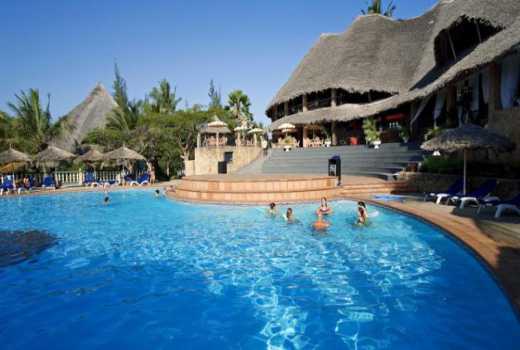×
The Standard e-Paper
Kenya’s Boldest Voice

Are you paying five-star rates and receiving third-rate services that do not tally with the charges at a hotel?
Results of the latest hotel classification exercise undertaken by the Tourism Regulatory Authority (TRA) could best explain the reason for this anomaly.







